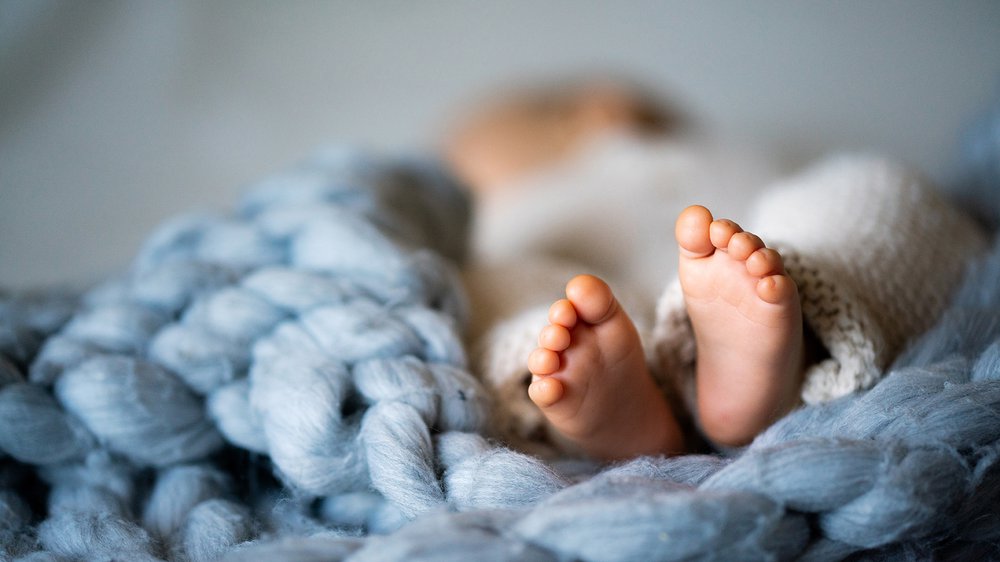Question Your World: Can Babies Be Born with Three Sets of DNA?
The United Kingdom made some pretty big headlines recently. Yes, we all know about the coronation, but what about the confirmation? Scientists just confirmed there is indeed at least one living person in the UK who was born with three sets of DNA. Wait, what?! This begs the question: can babies even be born with three sets of DNA?
Let's back up to 2015, when the United Kingdom became the first to legalize a type of medical procedure called mitochondrial replacement therapy, or MRT.
There are many types of genetic conditions, including diseases, that impact at the cellular level. Mitochondrial diseases were the topic of interest to these particular researchers. MRT is an attempt to aid mothers seeking to have children without passing on any unhealthy mitochondria.
Here’s how the process works. To make a baby, you need an egg and a sperm. Sperm donate half of the DNA necessary for a baby to grow. The mother's egg actually contributes two sets of DNA: the other half of the DNA for the baby to grow and the mitochondria. Mitochondria are tiny organelles that produce the power and energy cells need to grow. Each mitochondrion has its own set of DNA. Because the mother contributes all of the mitochondria to the baby, she could pass them on to her child if she is a carrier for mitochondrial disease.

Image credit: Getty Images
MRT therapy uses a donor egg from a woman without mitochondrial disease. The nucleus from the donor egg is removed and replaced with the DNA from the parents. The new child then inherits the mitochondria from the donor and the DNA for growth (the stuff that truly makes a person who they are: how they grow, when their hair thins out, how their bowels work,you name it!) from the mother and father. There you go, three sets of DNA in one human!
There are no cures for mitochondrial diseases and some can have devastating consequences, including bodily illnesses based on the inability to adequately power the body’s needs and death.
If successful, MRT could prove to be a game changer for many families. Now these scientists will have an opportunity to observe how this treatment plays out long term. Like many science stories, this one has both an amazing use of knowledge and a series of ethical questions.
The Progress Educational Trust, a nonprofit devoted to the science and ethics regarding genetics and reproduction, said that they plan to work closely and move slowly and cautiously regarding the process of mitochondrial donations. Stay tuned as more develops on this story!


